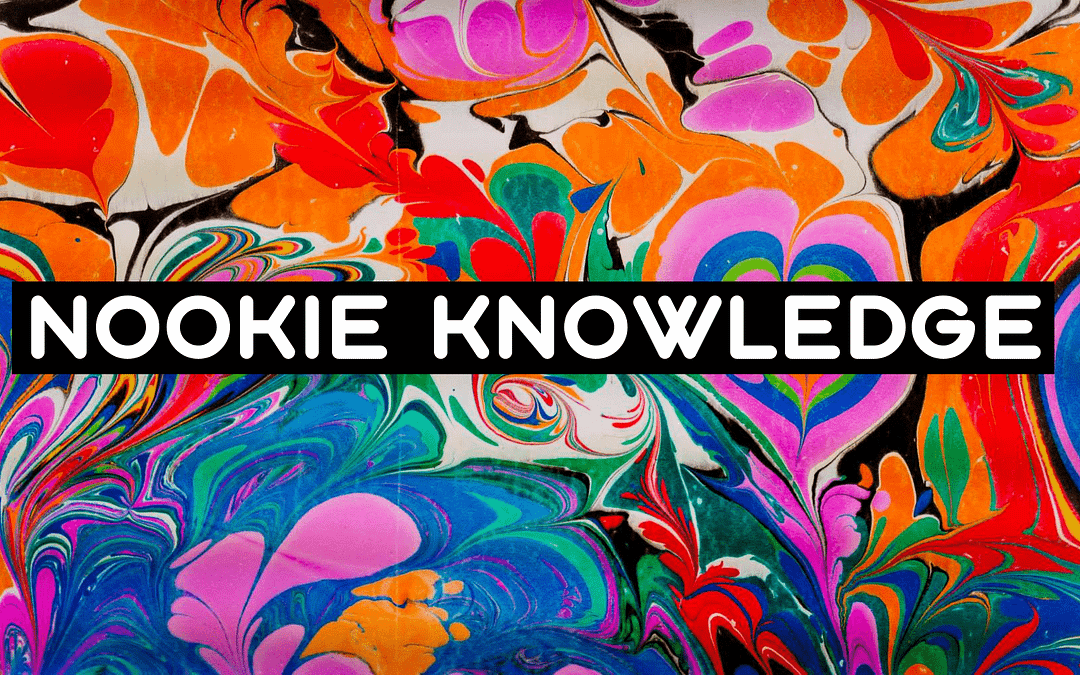Promoting Healthy Relationships
Relationships, especially romantic ones, are a common and key part of everyone’s life and as humans we naturally seek love and acceptance; healthy and good relationships can help you to feel secure and supported. Gaining this from the right person, however, is sometimes harder than it seems. We’ve all heard of phrases like ‘red flags’, but how do we know what these might be or look like? Negative, unhealthy relationships can have a long-term impact on things such as physical and mental health, the ability to form new relationships with others in the future, and the relationship you have with yourself and your own self-worth.
Signs of a Healthy Relationship
Good, open communication
Honesty
Mutual respect of one another
Equality
Trust
Being yourself
Signs of an Unhealthy Relationship
Recognising when a relationship is unhealthy can be really challenging, often because we don’t want to acknowledge or accept it in fear we may lose the person or not be able to make the situation better. If you are being forced to behave in a certain way, made to feel inadequate, or are being restricted in your free choices, you may need to consider the relationship you have with the person making you feel or act this way. Other common indicators that a relationship isn’t quite right could include:
- Feeling pressured to do things you are not happy to do, including sexual acts
- Not being able to have a close relationship with more than one person
- Isolation from family and friends
- Prevention from going out or attending school/ college/ university etc.
- Having your money restricted or controlled, or even taken away completely
- Restricted access to food, water, and other essential items
- Having your time controlled or restricted, or heavily monitored
- Social media accounts being carefully controlled and monitored
- Being told what to wear
- Being criticised
- Experiencing violence or threats of violence to yourself or to loved ones
- Experiencing damage or threat of damage to personal property and items
In isolation, these experiences do not necessarily mean you are in an abusive relationship – you may seek the opinion of a partner to tell you if your outfit looks OK and they may tell you in good faith to wear something different, or you may ask them to manage a budget for a particular thing (e.g. a shared joint account); however, knowing where your own boundaries lie is essential. Your individual liberty, and that of your partner, is a requirement of all healthy relationships, and displaying behaviours to possess, control, or be violent towards another is never acceptable.
What You Should Do if You’re Worried
If you are at all worried about a relationship, you must speak to a trusted individual. This could be a parent or carer, a friend, family member, teacher, tutor, or colleague, or a person of authority such as the police. There are also charities you can contact for support:

